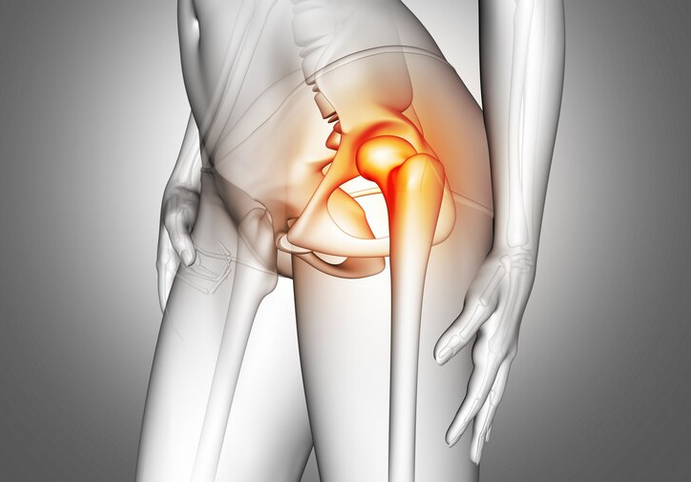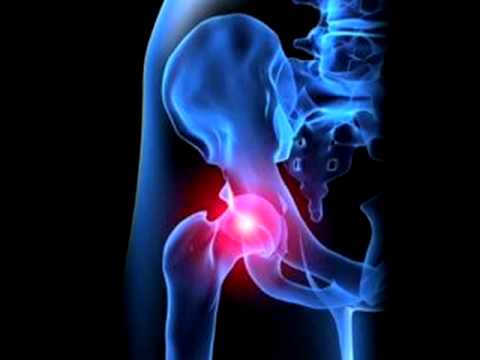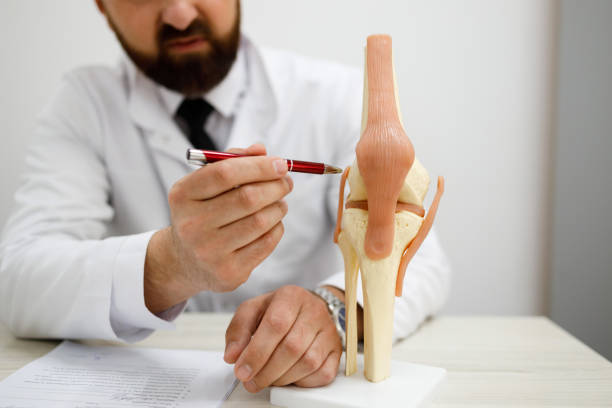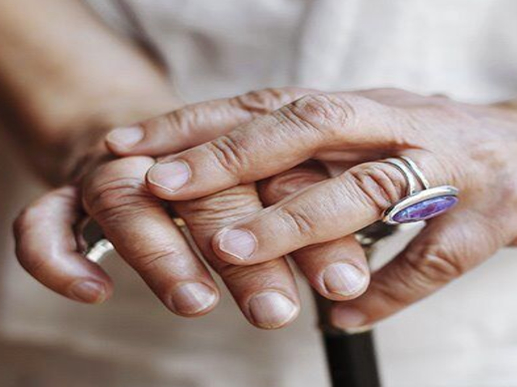Hip Replacement in Ul Ljudevita Gaja B
Search and Compare the Best Clinics and Doctors at the Lowest Prices for Hip Replacement in Ul Ljudevita Gaja B
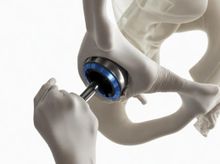






































































































































No Time?
Tell us what you're looking for and we'll reach out to the top clinics all at once
What does a Hip Replacement Procedure Involve?
The painful joint can be approached from four sides:
- Anteriorly
- Posteriorly
- Antero-laterally
- Laterally
The general procedure is as follows:
- You are anesthetized to help you avoid pain during the surgery. After this, an incision is given whose size varies in accordance with the surgery being performed. Muscles are displaced at sides to make the joint visible. Cartilage, tendons, and ligaments are ligated. A saw is used to separate the ball portion of the joint from the femur. It is removed and a hip prosthesis is inserted in place of it. An adhesive material called Polymethylmethacrylate (PMMA) cement is used to fix the prostheses there. Muscles are then re-attached to their place and the incision is stitched. Bandages are applied to cover the cut.
- Nowadays, another common technique known as a minimally invasive method is used by surgeons, in which 1 or 2 cuts are given, 2 to 5 inches long. After this, standard hip replacement surgery is performed. This method is prevailing because of its advantages, such as less blood loss and pain, less healing time and less stay at hospital duration.
How Long Should I Stay in Ul Ljudevita Gaja B for a Hip Replacement Procedure?
You have to stay at the hospital for 4 to 8 days after surgery. Length of stay in the hospital varies with age, health and physical condition. People above 70 years of age require a 2-week stay at the hospital. Other factors such as gender, obesity and any type of physical ailment help in determining the length of your stay. Previously, hip replacements required a much longer hospital stay but with the advancement of medical science, this duration is decreasing. But you will be required to stay in Ul Ljudevita Gaja B for at least 2 more weeks after being discharged as follow up appointments with the surgeon will be required. After that, further check-ups with your local doctor back home will be sufficient.
What's the Recovery Time for Hip Replacement Procedures in Ul Ljudevita Gaja B?
Again, the recovery time depends upon your natural healing capacity and will power. Stitches are removed 2 weeks after the surgery. On average, 6 to 12 weeks are needed for complete recovery. Healing time varies in accordance with the type of surgery. In the case of minimally invasive surgery, you might be able to walk on the same day with the help of your medical staff. You can continue to drive 6 weeks after the operation.
What sort of Aftercare is Required for Hip Replacement Procedures in Ul Ljudevita Gaja B?
Following aftercare factors should be kept in mind after being discharged from the hospital:
- Visit your doctor on a regular basis. Take your medicines as and when prescribed by the doctor.
- Make sure that a family member or a friend is available to look after you.
- There should be safety handrails along the stairs and shower. Take a shower while sitting.
- Raised toilet seats should be used for some time.
- Keep your hip above the level of your knees. Use pillows to lift it up while sitting.
- Eat healthy and nutritious food. Follow a diet plan made by an expert.
- Use walking aids such as crutches and walkers to move around.
- Avoid unnecessary excessive movement. Use a grabbing stick to reach the required objects.
- Try to void climbing up the stairs.
- Avoid contact with water in the early few days. A wet bandage can be the cause of infection in your wound.
- Use ice packs to help the swelling. They are useful in reducing inflammation.
- Avoid rapid movements immediately after surgery. Give yourself some time to recover.
What's the Success Rate of Hip Replacement Procedures in Ul Ljudevita Gaja B?
58% of hip replacement surgeries have been reported to last for 25 years or more. But the average is over 15 years, after which metallic or plastic hip prostheses wear out. The success rate is 90 to 95% after 10 years of surgery. It falls to 80-85% after 20 years. The procedure is extremely effective in restoring your ability to walk and run and these surgeries are almost always successful. They can go wrong only in cases of infection and clot formation. A clot can cause pulmonary embolism and ultimately death, therefore, utmost care should be taken to avoid infection and clot formation.
Are there Alternatives to Hip Replacement Procedures in Ul Ljudevita Gaja B?
Hip replacement should never be the first option. There are some non-surgical alternatives to it. Some of them are:
- Viscosupplementation: in this method lubricants are injected into the joint. Increased lubrication decreases friction and smoothens the joint movement.
- Stem Cell Therapy: an injection of mesenchymal stem cells is given into the joint which promotes new cell production and growth. Ultimately decreasing pain and inflammation.
- Cortisone Shots: these are steroidal injections which work by decreasing inflammation and increasing movement.
- Hyaluronic Acid: these injections increase lubrication at the joint allowing smooth movements.
- Plasma Rich Protein Injections: plasma proteins are separated from your own blood by centrifugation. Growth factors are injected into the joint which promotes the growth of cells.
- Physiotherapy: this is very helpful in decreasing joint pain. Special exercises are performed under the supervision of an expert. Joint mobility is increased.
- Cartilage Transplant: in this method, either the cartilage is grown and inserted into the joint or the bone is stimulated to increase cartilage growth.
This information has been accurately sourced and verified by a medical professional for its accuracy, however, we strongly recommend you to consult with your doctor before pursuing medical procedures overseas.






